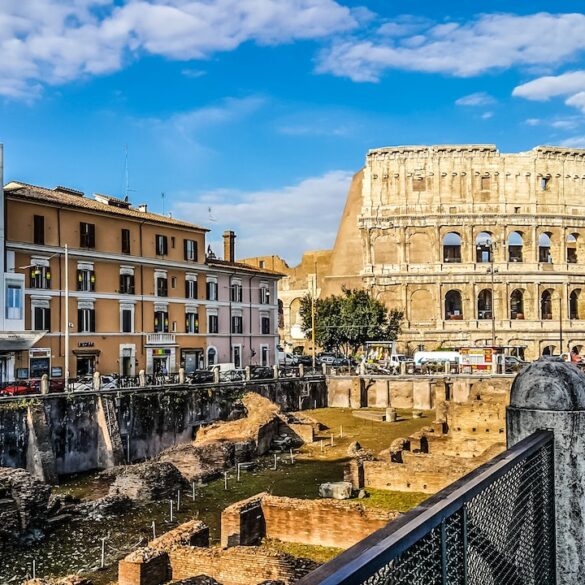Various locations across the EU have made the unanimous decision to limit the use of phones and, consequently, virtual connections for tourists.
The decision comes with the commission wanting people to enjoy the serenity and solace that they travel for instead of scrolling on their phones.
As of now, a couple of destinations located across Europe have taken action to restrict technology at one point or the other.
On the other hand, steps have been taken to limit the use of cars as well, to prevent the damaging aftereffects of over-tourism.
Hydra
The Greek Island of Hydra is an example of a location that permits no cars. Every destination present on the island can be reached by foot.
As a result, this location is preferred by tourists who prefer going on walks and enjoying their time without having to spend time being stuck in traffic.
The location is especially popular for its elegant churches, stone mansions, as well as narrow alleys and shops.
However, the island has garnered attention for being a car-free destination, especially with donkey carts becoming the new form of transportation.
Ulko-Tammio
Meanwhile, Ulko-Tamino, a tourist Island in Finland, has established itself as the first phone-free destination in the world.
It sits in the Eastern Gulf of the National Park in Finland and is on its way to becoming the first country across the globe to encourage vacationers to turn off their smart devices and take in nature.
The country started a campaign recently to encourage people to limit the use of their smartphones.
Through this campaign, the relevant authorities intend to raise awareness among holidaymakers to forget social media for a while and enjoy time on the island.
By discouraging the use of smart devices on the island, the country also hopes to limit their use in everyday lives.
According to psychologists, as the campaign disclosed, summer holidays are the prime time to take a break from social media and technology.
However, experts believe that it is not the only time that people should be aiming for a digital cleanse.
The island has not enforced the rule not to use smart devices and includes a functional mobile network.
But its campaign is aimed at welcoming people to enjoy flora and fauna rather than scrolling on phones.
Other locations
Various tourist hot spots across the EU are currently trying to come up with innovative ways to curb over-tourism.
For example, the authorities in Venice have imposed a fee for tourists who will visit the city from 2024.
Meanwhile, other sites have tried to limit the number of daily visitors that they allow to popular attractions.
One such example of this is the Greek Acropolis, which has revealed that it will be setting a daily limit on the number of people who can visit the location.
As of now, the authorities have taken this step to ensure that popular landmarks and attractions require only minimal maintenance.
Consequently, this will encourage tourists to explore areas and other spots that are not quite well-known.



